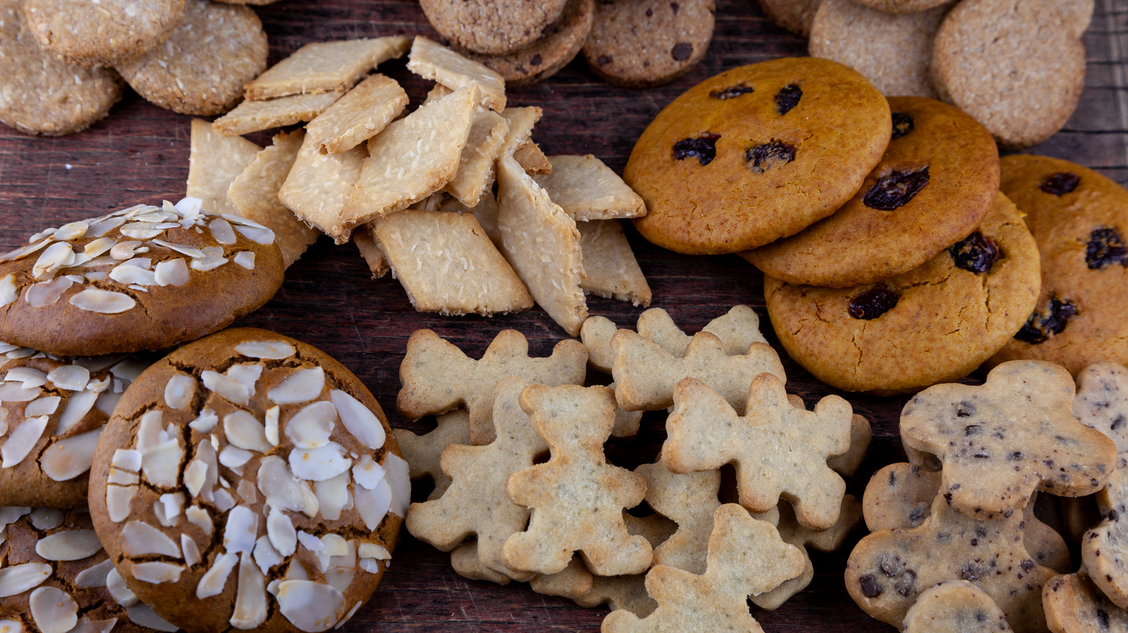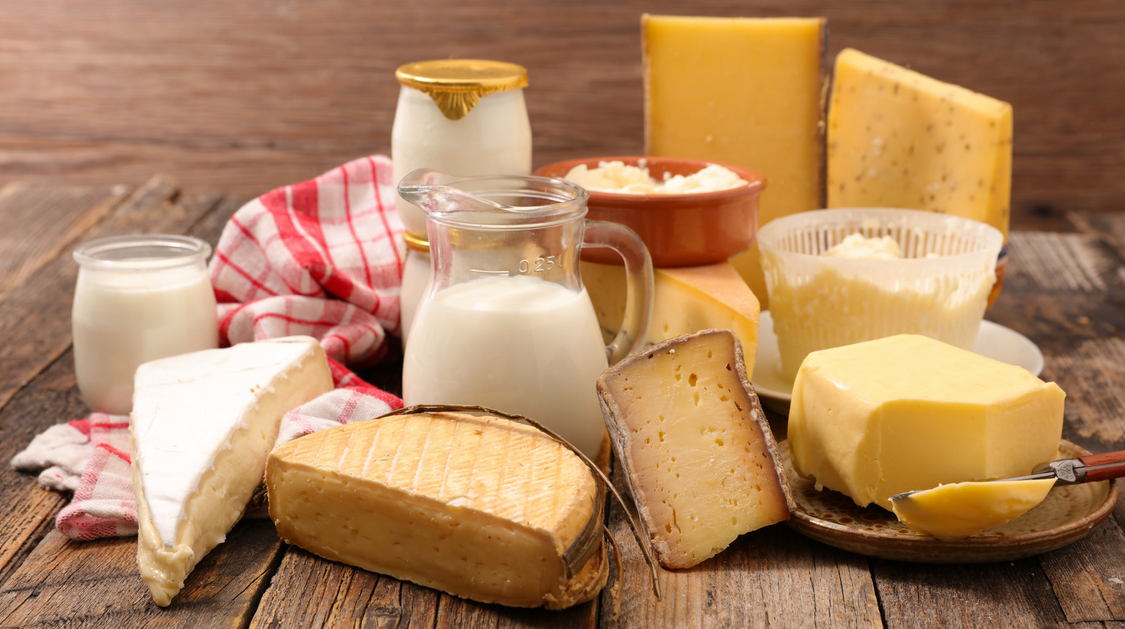Aging and Digestive Health: Common Foods that Cause Constipation in Seniors

As we age, our bodies undergo various changes, and our digestive system is often affected. Digestive health plays a vital role in overall well-being; for seniors, maintaining a healthy digestive system becomes even more important. Unfortunately, many older adults experience constipation, which can significantly impact their quality of life.
Constipation is a prevalent digestive problem among seniors, characterized by infrequent bowel movements, difficulty passing stool, and hard or lumpy stools. Beyond physical discomfort, constipation can lead to other health issues, such as bloating, abdominal pain, and a reduced appetite. Moreover, it can negatively impact a person’s mood, energy levels, and overall well-being.
In order to alleviate constipation and promote better digestive health, it is essential for seniors to be aware of the foods that can contribute to this condition. By understanding which foods to consume in moderation or avoid, older adults can make informed dietary choices to support regular bowel movements and overall digestive well-being.
The Aging Process and Digestive Health
Constipation is a common issue that affects people of all ages, but it becomes more prevalent in seniors. Defined as infrequent bowel movements or difficulty passing stools, constipation can significantly impact the overall well-being of aging individuals.
In seniors, constipation can be caused by various factors. As we age, the muscles in the digestive tract may weaken, leading to slower movement of food through the intestines. Additionally, reduced physical activity and a decrease in fluid intake can contribute to constipation. Medications commonly taken by older adults, such as painkillers and certain antidepressants, can also have constipating side effects.
When it comes to constipation in seniors, it is also crucial to identify food-related causes. Certain foods can exacerbate constipation due to their low fiber content or other digestive properties. Recognizing and avoiding these foods can help alleviate constipation and promote better digestive health.
Common Foods That Cause Constipation in Seniors
Constipation can be a frustrating and uncomfortable issue, especially for seniors. To ensure that they can control their bowel movements and prevent constipation, seniors should keep a close watch over the foods they consume. This section will explore common foods linked to constipation in older adults, equipping you with valuable knowledge to make informed dietary decisions for better digestive health.
1. Low-Fiber Foods

Dietary fiber plays a crucial role in maintaining healthy digestion and preventing constipation. Fiber adds bulk to the stool, making it easier to pass through the digestive tract. It also helps to soften the stool and promotes regular bowel movements. Unfortunately, many seniors consume low fibre diets, which can contribute to constipation.
Examples of Low-Fiber Foods:
- Refined Grains: Foods made from refined grains, such as white bread, white rice, and regular pasta, tend to be low in fiber. These processed grains have had the fiber-rich outer bran and germ removed, leaving behind the starchy endosperm. Consuming excessive amounts of refined grains can contribute to constipation.
- Processed Snacks: Snack foods like chips, cookies, and cakes often lack significant amounts of fiber. These foods are typically high in unhealthy fats and sugars while being low in beneficial nutrients, including fiber. Seniors should be cautious with their consumption of processed snacks to maintain healthy digestion.
2. Processed and Refined Foods
Processed and refined foods are known to have negative effects on overall health, including digestive health. These foods are often stripped of their natural nutrients and fiber content, making them harder to digest. They can contribute to constipation by slowing down bowel movements and reducing stool bulk.
Examples of Processed and Refined Foods:
- Fast Food: Fast food meals, such as burgers, fries, and fried chicken, are typically high in unhealthy fats, sodium and low in fiber. These foods lack the necessary nutrients for a healthy digestive system and can contribute to constipation when consumed in excess.
- Packaged Snacks: Packaged snacks like microwave popcorn, sugary cereals, and pre-packaged baked goods often contain refined ingredients and minimal fiber. They provide little nutritional value and can contribute to constipation if consumed regularly.
- Sugary Beverages: Sodas, fruit juices, and energy drinks are often high in added sugars and devoid of fiber. These beverages can dehydrate the body and slow down bowel movements, leading to constipation. Seniors need to prioritize hydrating with water and limit their intake of sugary drinks.
3. Dairy Products

While dairy products are excellent sources of calcium and other essential nutrients, they can contribute to constipation in some individuals, especially older adults. This is primarily due to the lactose and casein protein present in dairy, which can be challenging to digest for some people.
Specific Dairy Products that are more likely to cause constipation
- Hard Cheeses: Hard cheeses, such as cheddar, Swiss, and Parmesan, tend to have lower moisture content and higher fat content compared to softer cheeses. These factors can slow down digestion and contribute to constipation. Seniors may consider softer cheeses or explore non-dairy alternatives like almond or oat milk.
- Ice Cream: Despite being a beloved treat, ice cream can be problematic for individuals prone to constipation. It is high in fat and low in fiber, which can slow down bowel movements. Seniors can explore sorbets or frozen yogurts as alternatives to traditional ice cream.
- Whole Milk: Whole milk contains more fat and less fiber compared to low-fat or skim milk. This can contribute to constipation in some individuals. Seniors who experience constipation may consider switching to low-fat or plant-based milk options like almond, soy, or oat milk.
4. Red Meat and Fatty Foods
Red meat and fatty foods can be challenging to digest, particularly in large quantities. They require more time and effort for the digestive system to break down, potentially leading to constipation. Additionally, these foods often lack fiber, which further contributes to digestive sluggishness.
Moderation and Alternatives:
- Portion Control: Seniors can enjoy red meat and fatty foods in moderation by practicing portion control. To promote healthy digestion, opt for smaller servings and balance them with high-fiber vegetables and whole grains.
- Lean Protein Sources: Encourage seniors to explore lean protein sources such as skinless poultry, fish, legumes, and tofu. These alternatives provide valuable nutrients and are generally easier to digest.
- Healthy Fats: Seniors can incorporate healthier fats into their diet instead of relying solely on saturated fats in red meat and fatty foods. Avocados, nuts, seeds, and olive oil are excellent sources of unsaturated fats that support digestive health.
5. Bananas

While bananas are often considered a nutritious fruit, unripe or under-ripe green bananas can be binding and contribute to constipation. These bananas contain higher levels of resistant starch, which is harder for the body to digest. Individuals prone to constipation should opt for ripe bananas instead, as they are easier to digest and provide a good source of fiber.
6. Chewing Gum
It is a common habit for many people, but it can contribute to constipation, particularly if excessive amounts are consumed. Chewing gum leads to excessive air swallowing, which can create gas and bloating in the digestive system. Moreover, some types of chewing gum contain artificial sweeteners like sorbitol, which has a laxative effect and can contribute to loose stools or diarrhea. Consuming chewing gum in moderation is advisable, and opt for sugar-free options without artificial sweeteners.
7. Alcohol

Alcohol is a diuretic that promotes fluid loss and can lead to dehydration. Dehydration is a known factor that can contribute to constipation. Additionally, alcohol can disrupt the normal muscle contractions in the digestive tract, potentially slowing down bowel movements. Excessive alcohol consumption can also irritate the stomach lining and disrupt the balance of gut bacteria, further contributing to digestive issues. It is important to drink alcohol in moderation and ensure adequate hydration to support healthy bowel function.
Promoting Digestive Health in Seniors
Maintaining a healthy digestive system is crucial for seniors as it directly impacts their overall well-being and quality of life. A well-functioning digestive system supports nutrient absorption, regular bowel movements, and the prevention of digestive discomfort. Seniors can enhance their vitality, energy levels, and overall sense of wellness by prioritising digestive health.
1. Hydration

Adequate hydration is essential for optimal digestion. Seniors should aim to drink enough water throughout the day to prevent dehydration, which can lead to constipation. Encouraging regular water intake, along with other hydrating fluids like herbal teas and infused water, can help seniors maintain proper hydration and support healthy bowel movements.
2. Fiber-Rich Foods
Increasing dietary fiber intake promotes regular bowel movements and prevents constipation. Seniors should include a variety of fiber-rich foods in their diet, such as whole grains, fruits, vegetables, legumes, and nuts. These foods add bulk to the stool, soften it, and aid in its easy passage through the digestive system.
3. Regular Exercise

Regular exercise is not only beneficial for overall health but also for promoting healthy digestion. Engaging in moderate physical activity, such as walking, swimming, or yoga, can stimulate the muscles in the digestive tract, promoting regular bowel movements. Seniors should incorporate regular exercise into their routine, with the guidance of their healthcare provider, to support optimal digestive health.
4. Probiotics and Prebiotics
Probiotics are beneficial bacteria that promote a healthy gut environment. Seniors can consider incorporating probiotic-rich foods into their diet, such as yogurt, kefir, sauerkraut, and kimchi. Prebiotics, on the other hand, are types of fiber that nourish the beneficial gut bacteria. Foods like onions, garlic, bananas, and whole grains are excellent sources of prebiotics. A balanced intake of probiotics and prebiotics can support a healthy gut microbiome and aid digestion.
5. Healthcare Provider Consultation

Each individual’s digestive system is unique, and seniors may have specific dietary considerations or underlying health conditions that impact their digestive health. Seniors must consult their healthcare providers or a registered dietitian for personalized guidance on maintaining a healthy digestive system. These professionals can provide tailored recommendations and address any concerns related to digestion.
Final Thoughts
In this article, we explored the common foods that cause constipation in seniors. We discussed the impact of low-fiber foods, unripe bananas, chewing gum, and alcohol on digestive health. We emphasized the importance of fiber, hydration, regular exercise, and probiotics/prebiotics in promoting optimal digestion.
Serenity Senior Care understands the unique challenges seniors face regarding digestive health. We prioritize their well-being and recognize the significance of a healthy digestive system in enhancing the overall quality of life.
We hope this guide has provided valuable insights to help seniors make informed choices for better digestive health. By following the recommendations, seniors can promote healthy digestion and improve their overall well-being. Remember to consult healthcare providers for personalized guidance. You may contact us for more questions.


